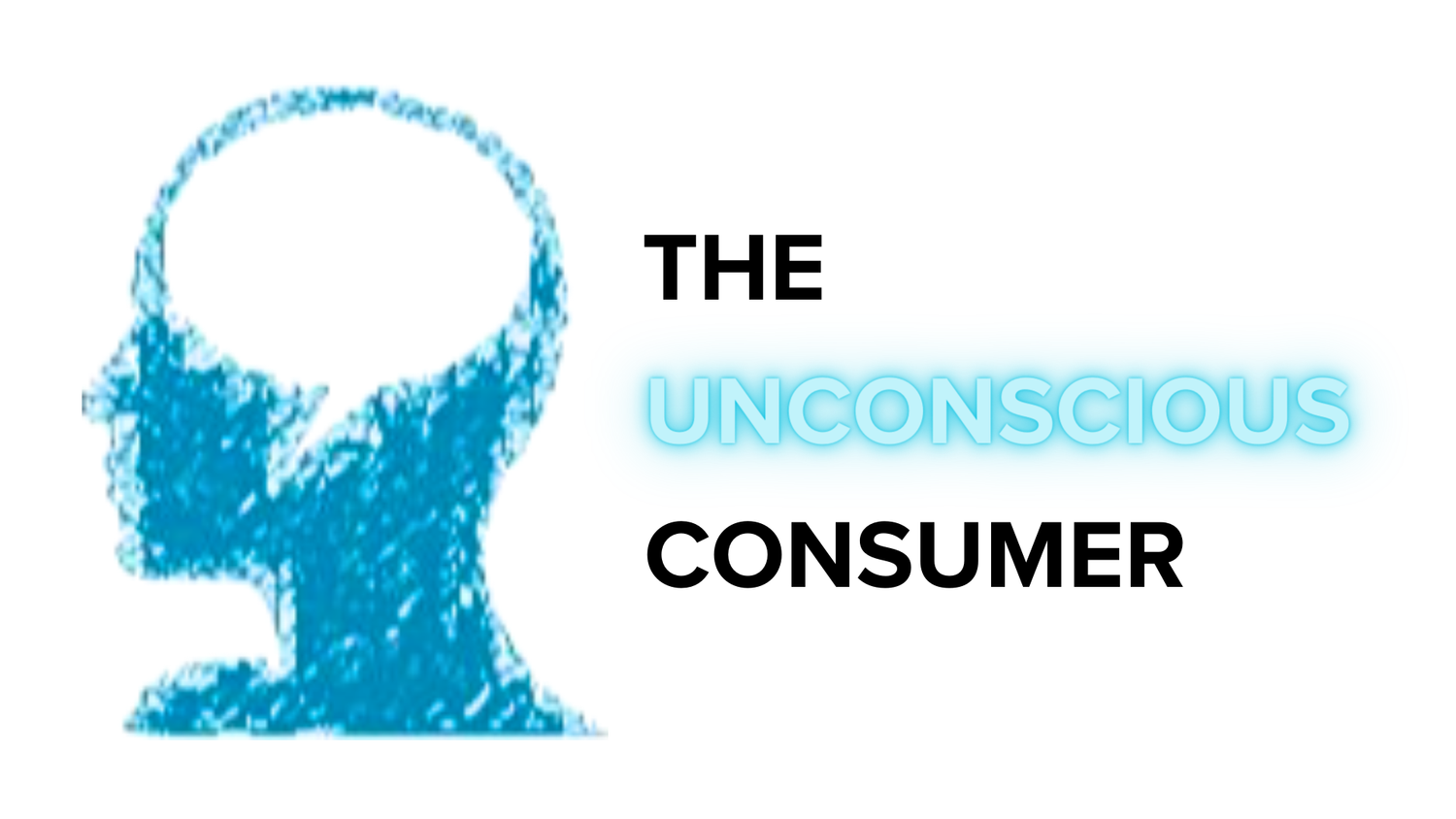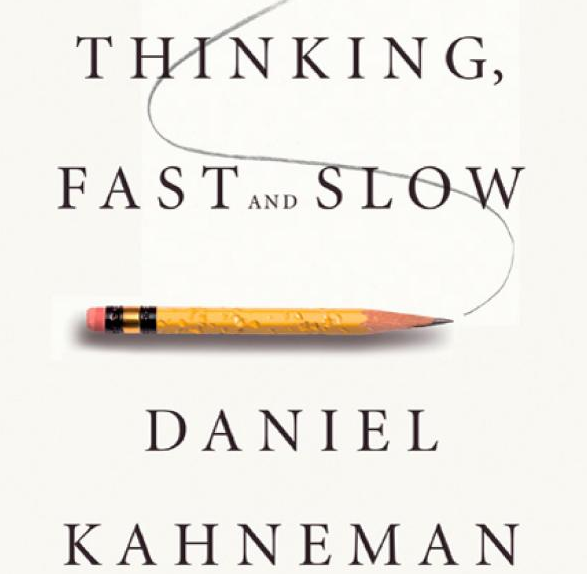In Defence of Behavioural Economics
A recent article called “Please, Not Another Bias! The Problem with Behavioural Economics” published by Evonomics presented an interesting, but contrarian, view on how we think about behavioural economics. According to the article, the problem with behavioural economics is that the field continues to look for cognitive biases, treat each bias separately, and not come up with a unifying theory. Essentially, the article acknowledges the problem of how the field of behavioural economics is only adding to its complexity without finding a parsimonious way of explaining why these cognitive biases exist in the first place.
Applying Evolutionary Psychology to Behavioural Economics
Instead of simply adding cognitive biases on top of another, the article explained how all these cognitive biases could be explained by evolutionary biology and psychology. By this view, the irrationality of the cognitive biases trumpeted by behavioural economists are not irrational at all, but are evolved solutions to dealing with human decision-making. For example, the present bias (also known as hyperbolic discounting) is a type of decision-making heuristic whereby people are more likely to overvalue a reward in the short-term versus a greater reward in the long-term.
The common illustration of this bias is to ask yourself the following: “would you prefer $50 today or $100 a year from now?” If you are like most people, you probably felt a stronger preference to having the money immediately, even though if you were patient you could have double that amount later. Interestingly, if you ask people if they’d prefer $50 a year from now or $100 two years from now, the majority of people pick the $100 despite the relative time difference being identical between the first choice and the second choice.
Irrationally Adaptive
At the surface, the present bias appears completely irrational, but as the article points out, it makes perfect sense when viewed within the context of evolutionary psychology. We have evolved in conditions that biased us to make decisions that provide maximum utility in the short-term, not the long-term. Why? Because if we waited for a long-term reward, we may not be around to reap its benefit, or at least take advantage of it.
The article mentioned a study by Margo Wilson and Martin Daly, the founders of the field evolutionary psychology (and two researchers I was fortunate enough as a graduate student to overlap with their tenure at McMaster University), which looked the degree that people made decisions that discounted their future (called “future discounting” – for the purposes of this post, it is the same idea as present bias or hyperbolic discounting) when presented with a mate-choice decision. What does that all mean? Well, the study found that men (no surprise) were more likely to make future discounting decisions (remember the decision to pick money now rather than later? That is the type of decision they had people make) after seeing pictures of attractive women rather than pictures of fancy cars. Their rationale was that attractive women elicit a strong present-bias reaction in men because the potential benefit of mating with an attractive woman in the present outweighs the potential cost of sacrificing the long-term gain.
Now, I want to make something very clear – I completely agree with the view that behavioural economics can be explained by evolutionary biology and psychology. We have evolved in conditions that shaped our decision-making to maximize our fitness. But in a lot of cases, the conditions that shaped those decision-makings are no longer relevant in our modern day.
Thinking Fast And Slow
Granted, evolutionary theory is a great way at encompassing a theory that explains why we have these irrational biases. My issue with the article is that is completely skips over the fact the behavioural economics is based on an encompassing theory to explain the different types of cognitive biases. Daniel Kahneman and Amos Tversky, the grandfathers of behavioural economics, spent decades developing empirical evidence for a theory that could explain why human decision-making deviated from what rational economic theory would predict.
The book “Thinking Fast and Slow” by Daniel Kahneman explains how two types of thinking – System 1 and System 2 – can account for all of our cognitive biases. System 1 thinking is best encapsulated by being fast, automatic, unconscious, and emotional. While System 2 thinking is the opposite – slow, deliberate, conscious, and rational. I like to explain the two systems in this way – System 1 is how we think, and System 2 is how we think we think.
The type of cognitive biases that have become popular in the industry, such as loss aversion, anchoring, framing effects, etc… are all explained as examples of System 2 thinking. The cognitive processes that underlie our System 2 thinking are susceptible to be biased in ways we would describe as being irrational. Yet, the biases engrained in our System 2 thinking are actually a reflection of our evolutionary past. The same evolutionary theory that was proposed in the aforementioned article is inherent in our System 2 thinking. There is nothing contradictory between the two ideas!
Substance Over Sizzle
The problem is that behavioural economics has become a buzzword in the industry. People love the sexy, relatable sound bites that they can use to sell the idea of behavioural economics, but unfortunately there are a lot of industry behavioural economics that do not have a complete grasp of the actual theory. While this may sound esoteric and academic (I don’t blame you for thinking that), it is actually an important point, because if you don’t understand why we have these biases, you are left looking over the list of 165 cognitive biases on Wikipedia and wondering “which one applies to my marketing problem?” Instead, if you understand why we have these biases in the first place, the question becomes a more relevant – “how can I adapt my marketing problem to complement how people think?”
The number of biases is not the problem with behavioural economics. The problem is if the industry doesn’t truly understand the theory behind behavioural economics, then we will never be able to unlock its true potential.
Thanks, and I’ll get off my soapbox now.
As always, feel free to share your comments below and share the post on social media.





